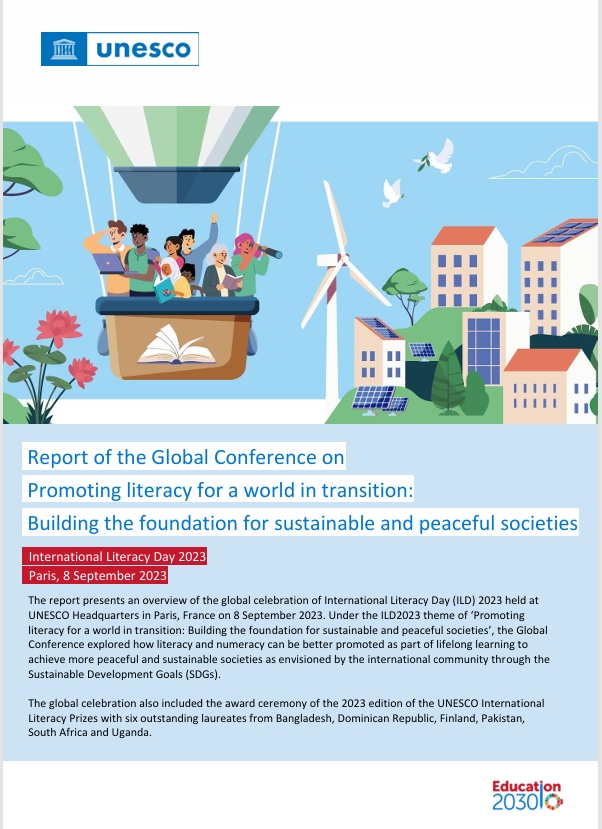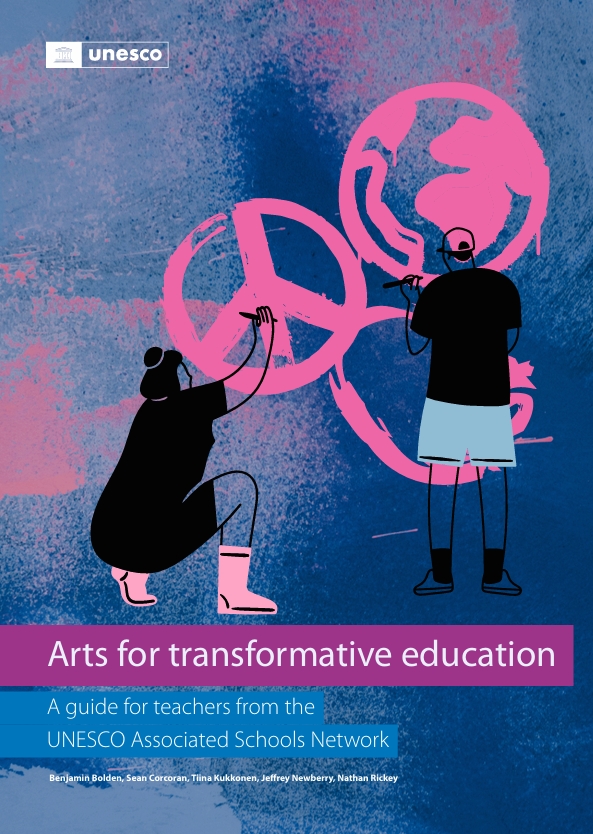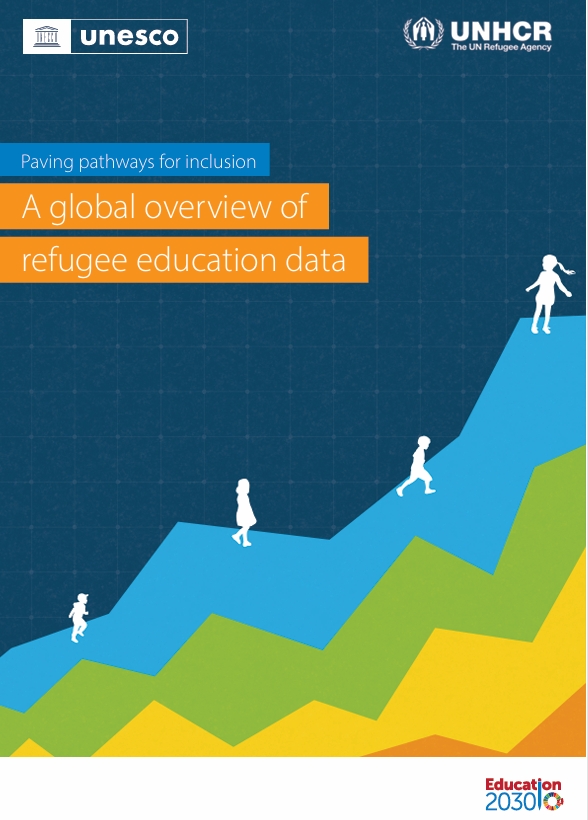Story Source: Forbes ~ Go to Original Article
High school is tough for a lot of kids. The trudge through disconnected courses that seem irrelevant. The social scene is debilitating. Life challenges may include food and shelter insecurity. This combination of challenges, boredom, frustration, and social humiliation is more than they can take. Some ultimately drop out or look for an alternative.
Trying to push all kids through a content-centric, compliance-oriented model just won’t work. A variety of alternative approaches have been attempted. Following are a few approaches educators have to develop for youth that haven’t been successful in traditional schools…………..……………………..






